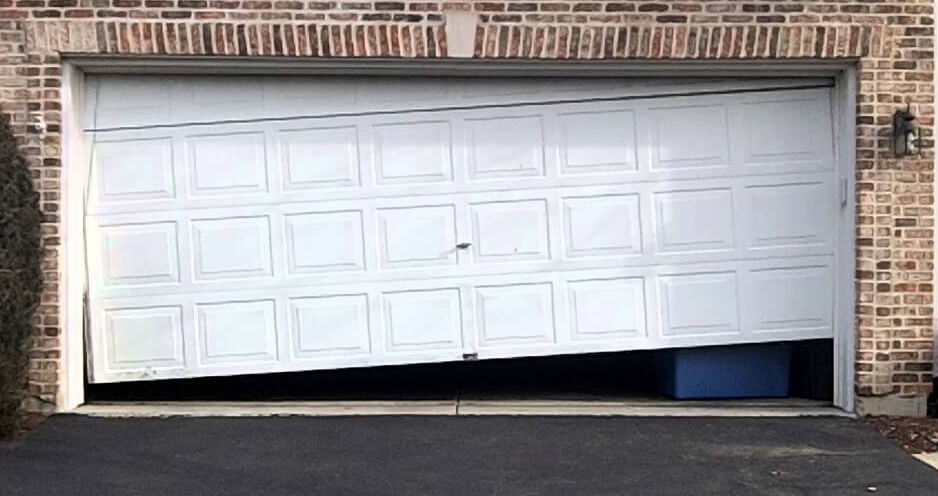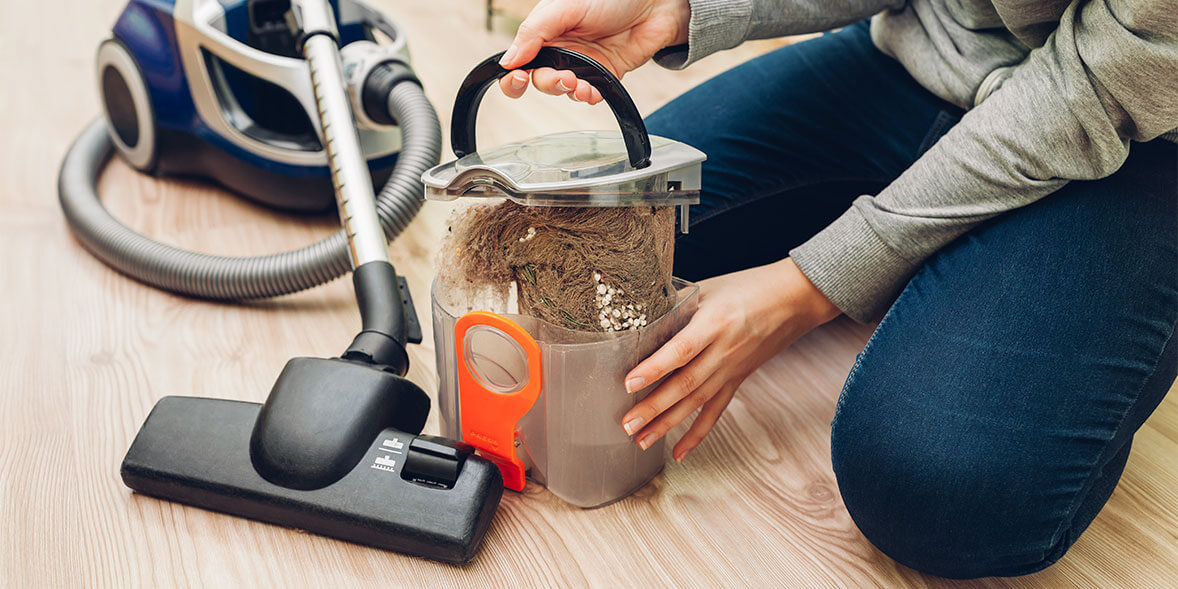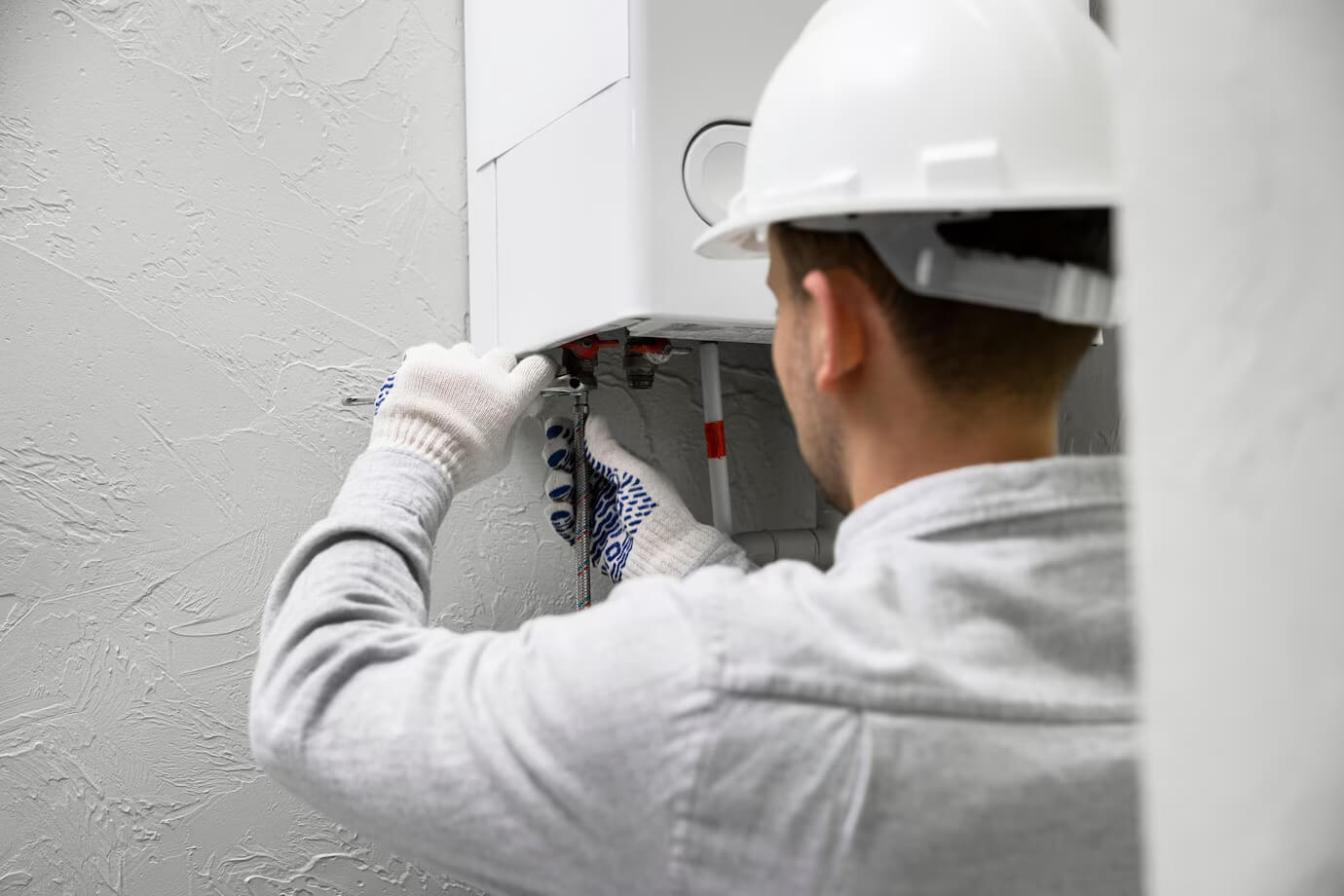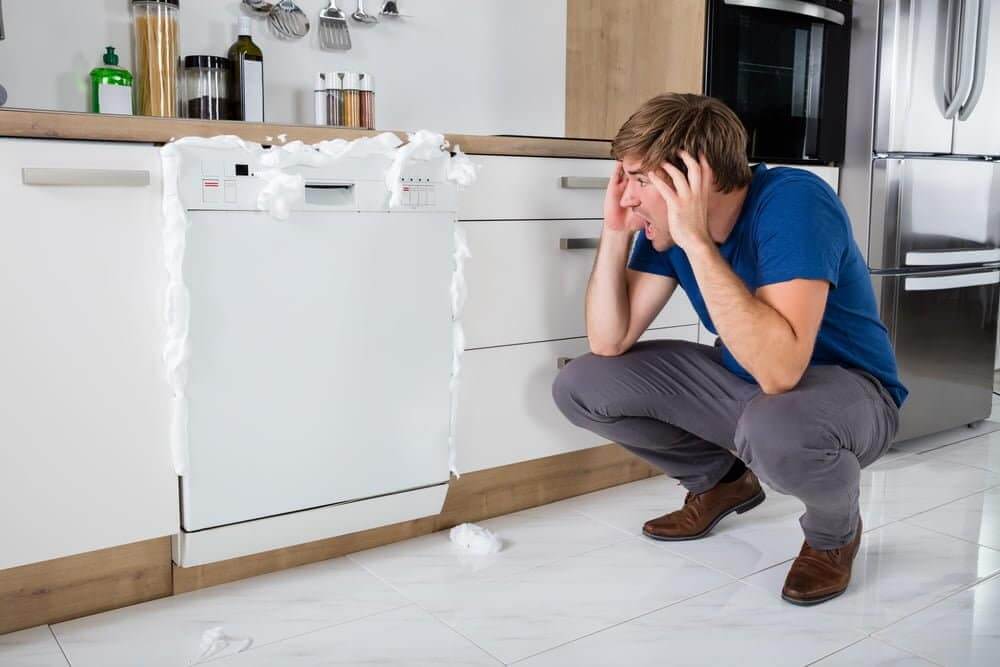
Hey there, dishwasher dilemmas got you feeling like you’re stuck in a never-ending cycle of chaos? Well, fear not because we’re diving into the realm of dishwasher troubleshooting and repairs. If your trusty kitchen companion has been acting up lately, leaving your dishes in a sorry state, you’re in the right place.
The Dishwasher Dilemma
You know, a malfunctioning dishwasher can throw a wrench into the smooth operation of any kitchen. It’s like having a chauffeur-driven car that decides to take a detour through a pothole-ridden road just when you’re expecting a smooth ride. But fear not, we’re here to be the roadside assistance for your dishwasher journey.
Why Should You Care?
Now, you might wonder, “Why bother troubleshooting and fixing this contraption?” Well, picture this: it’s a bustling morning in Brooklyn, New York, and you’ve got a load of dishes from last night’s dinner party. The last thing you need is a dishwasher rebellion. A faulty dishwasher not only adds stress to your routine but can also dent your pocket if you’re eyeing a replacement.
The Scoop on Regular Maintenance
Before we roll up our sleeves and get our hands dirty, let’s talk about preventive maintenance. It’s like giving your dishwasher a spa day – regular check-ups, cleaning sessions, and a bit of pampering. Trust me, a well-maintained dishwasher is the unsung hero of a smooth kitchen operation.
Understanding Dishwasher Components
The Dishwashing Orchestra
Ever wondered what’s under the hood of your dishwasher? It’s not just a magic box; it’s a well-orchestrated symphony of components working together. Let’s break down the key players:
- Control Panel
- Function: The brains of the operation, where you set the cleaning mood.
- Issues: Unresponsive buttons, flickering lights – the control panel has its moments.
- Pump and Motor
- Function: The power duo responsible for circulating water and ensuring a thorough clean.
- Issues: Strange noises or complete silence? The pump and motor might be playing hide and seek.
- Spray Arms
- Function: Like the dishwashing maestros, they spray water to reach every nook and cranny.
- Issues: Clogged arms lead to a lackluster performance. Time for a spray-down!
- Filters
- Function: The silent guardians that trap debris and prevent it from wreaking havoc.
- Issues: Neglected filters? Get ready for a gritty surprise in your next meal.
- Door Latch and Gasket
- Function: The gatekeepers – keeping water in and kitchen floods out.
- Issues: Leaky door? A worn-out gasket might be the culprit.
Functionality Deep Dive
Understanding how each component plays its part is crucial. It’s like knowing your band members’ strengths – the drummer keeps the beat, and the guitarist shreds. Let’s dive deeper into the functionality:
- The Control Panel is the DJ, taking requests and setting the tempo for the cleaning party. If it’s unresponsive, it’s like a DJ with a glitchy soundboard – no one’s dancing.
- The Pump and Motor are the heart and soul, pumping water and energy into the system. Strange noises? It’s like a heartbeat out of rhythm – concerning.
- Spray Arms are the performers, showering your dishes with love. Clogs? It’s like forgetting the lyrics mid-song – not ideal.
- Filters are the cleanup crew, catching debris before it causes chaos. Neglected filters? It’s like leaving the trash unattended – a mess in the making.
- The Door Latch and Gasket are the security team, keeping water where it belongs. Leaky door? It’s like a faulty security system – potential disaster.
Now that we’ve met the players, let’s tackle the common issues and give your dishwasher the tune-up it deserves.
Common Issues and their Causes
Dishwasher Not Starting: Silent Rebellion
Ever faced the awkward silence of a dishwasher refusing to start? It’s like a stubborn friend ignoring your calls. Here’s what might be going on:
| Possible Cause | Troubleshooting Tips |
| Power Supply Issues | Check if the dishwasher is plugged in and there’s power in the outlet. |
| Door Latch and Switch Problems | Ensure the door latches properly, and the switch is working. |
Poor Cleaning Performance: The Dishwashing Doldrums
Is your dishwasher slacking off on its primary job – cleaning? Time to uncover the culprits:
| Possible Cause | Troubleshooting Tips |
| Clogged Spray Arms | Remove and clean spray arms of any debris or mineral build-up. |
| Dirty Filters | Regularly clean filters to prevent blockages and ensure optimal flow. |
| Inadequate Water Temperature or Detergent | Check water temperature and use an appropriate detergent for efficient cleaning. |
Water Leakage: The Sneaky Culprit
Discovering a puddle of water around your dishwasher? It’s like dealing with a leaky faucet – annoying and potentially damaging. Investigate:
| Possible Cause | Troubleshooting Tips |
| Damaged Door Gasket | Inspect and replace a worn-out door gasket to prevent leaks. |
| Hose Connections and Seals Issues | Tighten loose connections and replace faulty hoses or seals. |
| Tub Integrity | Assess the tub for cracks or damage that may cause leakage. |
Unusual Noises: Dishwasher Orchestra Gone Awry
If your dishwasher sounds like a percussion ensemble gone rogue, it’s time to restore harmony:
| Possible Cause | Troubleshooting Tips |
| Foreign Objects in Pump/Motor | Check for and remove any debris or foreign objects from the pump/motor. |
| Blocked Spray Arms | Inspect and clear any obstructions in the spray arms. |
| Dishwasher Belt Issues | Evaluate the condition of the dishwasher belt and replace if needed. |
Understanding these common issues and their root causes is like decoding the dishwasher’s secret language. Now, let’s roll up our sleeves and embark on the troubleshooting journey to reclaim your dishwashing bliss.
Step-by-Step Troubleshooting Process
Safety First: Dishwasher Detective Gear
Before we embark on this adventure, safety is our co-pilot. Grab your detective gear:
- Gloves: Protect those hands from grease and grime.
- Safety Glasses: Shield the eyes from any unexpected splashes.
- Multimeter: Your electrician sidekick for checking power supply.
- Screwdriver Set: Unveil the mysteries hidden behind panels.
Systematic Sleuthing: Unveiling Dishwasher Secrets
- Visual Inspection of Components:
- Open the door and examine the spray arms for any visible debris or clogs.
- Check the filters – are they due for a cleaning?
- Inspect the door gasket for wear and tear, ensuring it creates a snug seal.
- Testing Electrical Connections:
- Use the multimeter to check the power supply – a silent dishwasher might be protesting a lack of electricity.
- Assess the condition of the door latch and switch – a misfit here could lead to a non-starting dishwasher.
- Water Supply and Drainage Check:
- Verify there’s no kink in the water supply line and the hose connections are secure.
- Ensure the drainage system is free from blockages – a clogged drain won’t bid adieu to dirty water.
- Utilizing Dishwasher Diagnostic Modes (if available):
- Some dishwashers come with diagnostic modes. Refer to your manual to activate these modes for self-diagnosis.
- Diagnostic modes often help pinpoint specific issues, making your troubleshooting mission more precise.
DIY Repairs for Common Issues
Armed with our findings, it’s time to put on the fixer-upper hat and tackle these issues head-on:
- Replacing a Faulty Door Latch or Switch:
- Unplug the dishwasher.
- Remove the control panel or door interior to access the door latch and switch.
- Swap out the faulty components with new ones.
- Cleaning and Unclogging Spray Arms and Filters:
- Remove the spray arms and soak them in a vinegar solution to dissolve mineral deposits.
- Clean the filters thoroughly under running water or replace if damaged.
- Patching Small Leaks in the Door Gasket:
- Wipe the door gasket with a soapy solution to identify leaks.
- For small leaks, apply a dishwasher-safe sealant to the affected areas.
- Lubricating Moving Parts to Reduce Noise:
- Identify noisy components like the dishwasher belt.
- Apply a small amount of dishwasher-safe lubricant to reduce friction.
By following this systematic approach, you’re not just fixing issues; you’re reclaiming your kitchen’s harmony. Ready to don that detective gear and unravel the mysteries of your dishwasher? Let’s get troubleshooting!
Professional Repairs and When to Seek Help
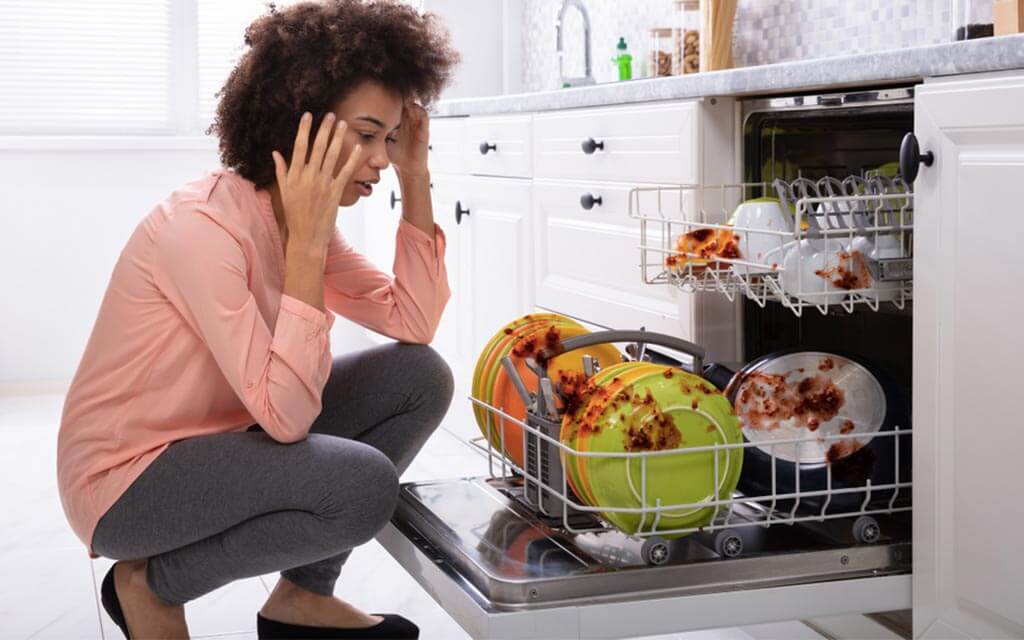
Beyond the DIY Realm: Calling in the Pros
As much as we love a good DIY victory, there are moments when the dishwasher drama requires a professional touch. Recognizing when to throw in the towel and dial up the experts can save you time, effort, and potentially, a few extra bucks.
Complex Issues Requiring Professional Expertise
- Electronic Control Board Malfunctions: If the control panel or electronic components are acting like rebellious teenagers, a professional technician might be the tech-savvy parent they need.
- Motor or Pump Failure: When the heart of the dishwasher – the motor or pump – decides to go on strike, it’s a job for someone with the right tools and expertise.
- Tub Leaks and Structural Damage: Large-scale leaks, cracks in the tub, or other structural issues demand the attention of a professional to prevent further damage.
Identifying When Repairs are Beyond DIY Capabilities
But how do you know when to throw in the towel and seek professional help? Here’s a quick checklist:
- Limited DIY Success: If your attempts at DIY repairs aren’t resolving the issue, it’s time to call in reinforcements.
- Safety Concerns: Issues involving electrical components or major structural damage pose safety risks. Don’t compromise safety for a DIY experiment.
- Under Warranty: If your dishwasher is still under warranty, attempting DIY repairs might void that coverage. Check the warranty terms before diving into repairs.
Tips for Choosing a Reliable Dishwasher Repair Service
So, you’ve decided to enlist the help of a professional. Now, how do you find the right folks for the job? Consider these tips:
- Reputation Matters: Seek recommendations from friends or read online reviews to find a service with a solid reputation.
- Certifications and Experience: Ensure the technicians are certified and have experience with your dishwasher brand and model.
- Transparent Pricing: Choose a service that provides transparent pricing, so you’re not hit with unexpected costs.
- Warranty on Repairs: Opt for a repair service that offers a warranty on their work. It’s a sign of confidence in their expertise.
Knowing when to tap out and bring in the professionals is a skill in itself. By doing so, you’re not admitting defeat; you’re making a strategic move to get your dishwasher back to its prime.
Preventive Maintenance Tips
Show Your Dishwasher Some Love: The Maintenance Edition
Congratulations! You’ve tackled the troubleshooting and repairs like a seasoned DIY pro. Now, let’s shift gears and talk about preventive maintenance – the unsung hero in the saga of dishwasher longevity.
Regular Cleaning and Maintenance Routines
- Monthly Deep Clean: Give your dishwasher a spa day once a month. Remove the racks, clean the interior with a mixture of vinegar and baking soda, and wipe down the door and controls.
- Spray Arm Check-Up: Regularly inspect the spray arms for any lurking debris. A quick rinse under the faucet can keep them in tip-top spraying shape.
- Filter TLC: Don’t let the filters feel neglected. Clean or replace them according to your dishwasher manual’s recommendations.
- Door Gasket Inspection: Keep an eye on the door gasket. Wipe it down regularly and check for any signs of wear or damage.
Proper Loading Techniques for Optimal Performance
- Mindful Dish Placement: Avoid overloading or stacking dishes too closely. Give your dishwasher breathing room for a thorough cleaning performance.
- Utensil and Rack Harmony: Ensure utensils are properly spaced in the utensil basket. The goal is a harmonious dance, not a tangled mess.
- Avoid Blocking Spray Paths: Don’t become the obstacle in the dishwasher’s spray path. Arrange dishes strategically to let the water reach every nook.
Detergent and Additives Wisdom
- Choose the Right Detergent: Select a high-quality detergent suitable for your dishwasher. The right detergent can make a world of difference in cleaning efficiency.
- Rinse Aid Magic: Invest in a good rinse aid to prevent spots and enhance drying performance. It’s like giving your dishes a spa treatment for that extra shine.
Dishwasher Bliss Awaits
As we wrap up this journey through dishwasher maintenance and repairs, remember – a little love goes a long way. By incorporating these preventive measures into your routine, you’re not just ensuring a longer life for your dishwasher; you’re setting the stage for a continuous symphony of spotless dishes.
FAQs – Dishwasher Woes Unraveled
Q1: Why won’t my dishwasher start?
A: Several reasons could lead to a non-starting dishwasher. First, check the power supply and ensure the door latches properly. If the issue persists, it might be a faulty door latch or switch that needs replacement.
Q2: My dishwasher isn’t cleaning well. What should I do?
A: Lackluster cleaning can be attributed to clogged spray arms or dirty filters. Remove and clean the spray arms, and regularly clean or replace the filters. Also, check water temperature and ensure you’re using an appropriate detergent.
Q3: How can I fix a leaking dishwasher?
A: Leaks often stem from a damaged door gasket, loose hose connections, or tub integrity issues. Inspect and replace a worn-out door gasket, tighten loose connections, and assess the tub for cracks.
Q4: Why is my dishwasher making strange noises?
A: Unusual noises might result from foreign objects in the pump/motor, blocked spray arms, or issues with the dishwasher belt. Check for and remove debris, clear spray arm obstructions, and evaluate the condition of the dishwasher belt.
Q5: When should I seek professional help for dishwasher repairs?
A: If DIY attempts prove futile, safety concerns arise, or the issues involve electronic control boards, motor/pump failures, or structural damage, it’s time to call in professional technicians. Also, consider seeking help if your dishwasher is still under warranty.
Q6: How can I find a reliable dishwasher repair service?
A: Look for services with a good reputation, certifications, and experience with your dishwasher brand. Ensure transparent pricing and inquire about warranties on their repair work.
Q7: What preventive maintenance can I do for my dishwasher?
A: Perform a monthly deep clean, inspect spray arms and clean filters regularly, check and maintain the door gasket, load dishes mindfully, and use the right detergent and rinse aid for optimal performance.
Q8: How often should I replace dishwasher filters?
A: Check your dishwasher manual for specific recommendations, but generally, filters should be cleaned or replaced every few months, depending on usage and water hardness.
Q9: Can I use any dishwasher detergent?
A: It’s advisable to use a high-quality detergent suitable for your dishwasher. Check your appliance’s manual for recommended detergent types to ensure efficient cleaning.
Q10: Is it normal for my dishwasher to have a slight odor?
A: A faint odor is normal, but persistent unpleasant smells may indicate mold or debris buildup. Regularly clean the dishwasher, especially the filter and spray arms, to keep it smelling fresh.


